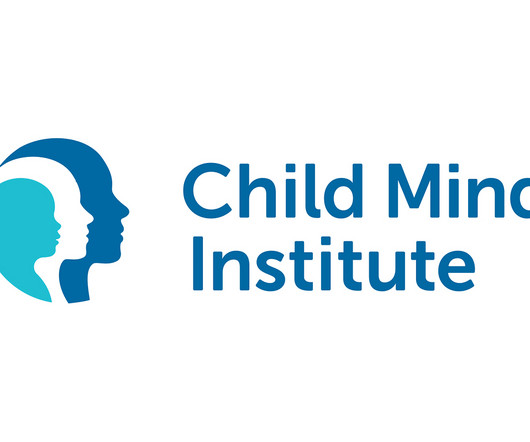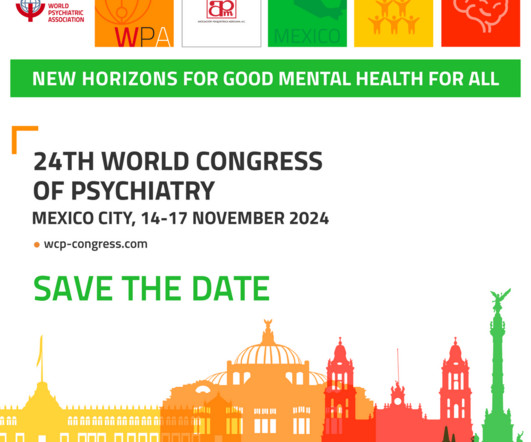New imaging study finds evidence that emotion regulation is not always the most effective strategy to mitigate suicidal ideation
Psychiatry News -- Science Daily
NOVEMBER 25, 2024
Depressed individuals who reflexively attempt to dampen their initial emotional responses to reminders of their negative memories have a low tolerance for distressing emotional stimuli in general and may respond to stress in their daily lives with greater upticks in suicidal thoughts. A new study examined the relationship of the engagement of emotion regulation to real-world responses to stress in order to better understand stress-related increases in suicide risk in depression.














Let's personalize your content